38 how to read food labels diabetes
dtc.ucsf.edu › learning-to-read-labelsLearning To Read Labels :: Diabetes Education Online On a nutrition food label, subtract the fiber from the total carbohydrate amount. When you read food labels, the grams of sugar are already included in the total carbohydrate amount, so you do not need to count this sugar amount separately. The grams of sugar listed include both natural sugars, from fruit or milk, and added sugars. Decoding Diabetes: How to Read Nutrition Labels | Accu-Chek The calories in the foods you eat are made up of fat, protein, and carbohydrates. Nutrition labels are typically made based on the assumption that you have a daily diet of 2,000 calories (kilocalories). Some labels will have a footnote that expand on this concept, providing numbers for both 2,000 and 2,500-calorie (kilocalorie) diets. Nutrients
How to read nutrition facts labels - Diabetes Care Community Identify foods suitable to special diets (for example, low-sodium or low-fat diets). Find foods that will help you to increase or decrease your intake of a particular nutrient (for example, if you want to increase the amount of fibre, or decrease the amount saturated fat in your diet). 5 easy steps to reading a Nutrition Facts Table

How to read food labels diabetes
How To Read Nutrition Labels - Mayo Clinic Diet 3. Check the % Daily Value. The % Daily Value (DV) tells you how much a nutrient in a serving of food contributes to a daily diet. 2,000 calories a day is used for general nutrition advice. Low is 5% or less. Aim for low in saturated fat, trans fat, cholesterol, sodium, and added sugars. High is 20% or more. Aim high in vitamins, minerals and ... How to Read Food Labels When You Are Diabetic - Diabetics Weekly Study the Carbohydrate Content in Detail This is the most important aspect of how to read food labels when you have diabetes. The total amount of carbohydrates breaks down into complex carbohydrates, sugar, and fiber. Don't hone in on zero-sugar foods, as foods like milk and fruit contain natural sugars. Food Labels & Type 2 Diabetes | Level2 Sugar-free products. Sugar-free is important for managing diabetes, but pay attention to carbohydrates.If the label says sugar-free and there are fewer carbohydrates, you're good to go. If the choice is between a sugar-free product with just as many carbohydrates as a standard product, you're better off choosing based on price or taste.
How to read food labels diabetes. Reading Food Labels to manage Diabetes - Making Diabetes Easier When reading the label of food packaging, it's helpful to also be mindful of the salt content and fatty acids. Eaten in large quantities, salt causes hypertension and kidney complications and fatty acids can lead to cardiovascular problems. It can also be helpful for people with type 2 diabetes to keep track of overall calorie intake because ... How to Read Nutrition Labels When You Have Diabetes - WebMD Getting Past the Guilt of Type 2. See how one patient learned to manage her weight and diet. Food Labels | CDC - Centers for Disease Control and Prevention Check the Serving size first. All the numbers on this label are for a 2/3-cup serving. This package has 8 servings. If you eat the whole thing, you are eating 8 times the amount of calories, carbs, fat, etc., shown on the label. Total Carbohydrate shows you types of carbs in the food, including sugar and fiber. Reading food labels: Tips if you have diabetes - Mayo Clinic Look for foods with 3 or more grams of fiber. Put sugar-free products in their place Sugar-free doesn't mean carbohydrate-free. Sugar-free foods may play a role in your diabetes diet, but remember that it's equally important to consider carbohydrates as well. A sugar-free label means that one serving has less than 0.5 grams of sugar.
Reading Food Labels When You Have Diabetes - WebMD Being able to read and understand food and nutrition labels is essential, especially for those with diabetes. WebMD explains how to interpret the Nutrition Facts label on your packaged foods. Reading Food Labels When You Have Diabetes | Kaiser Permanente Protein. This comes from foods such as meat, poultry, seafood, eggs, beans, peas, soy products, nuts, and seeds. Adding a little protein that is low in saturated fat to each meal and snack can help you feel full longer. Sodium. Many packaged and canned foods have a lot of sodium (salt). Learn how to read food labels - Diabetes Care Community People with diabetes have a variety of food considerations to keep in mind. Learn how to read food labels and you'll get a head start in planning meals to meet our diabetes management targets. The first thing to check on a label is the 'serving size'. This is the manufacturer's suggested portion for one person. › en › healthy-livingUnderstanding Food Nutrition Labels | American Heart Association Mar 06, 2017 · When the Nutrition Facts label says a food contains “0 g” of trans fat, but includes “partially hydrogenated oil” in the ingredient list, it means the food contains some trans fat, but less than 0.5 grams per serving. So, if you eat more than one serving, you could end up eating too much trans fat.
Reading Food Labels When You Have Diabetes | HealthLink BC Start with the "% Daily Value" column on the food label. A food is considered low in a specific nutrient (such as fat, saturated fat, cholesterol, carbohydrate, or sodium) if it has 5% or less of the daily value. A food is considered high in that nutrient if it has 15% or more of the daily value. Watch out for health claims on food labels. Food Labels & Type 2 Diabetes | Level2 Sugar-free products. Sugar-free is important for managing diabetes, but pay attention to carbohydrates.If the label says sugar-free and there are fewer carbohydrates, you're good to go. If the choice is between a sugar-free product with just as many carbohydrates as a standard product, you're better off choosing based on price or taste. How to Read Food Labels When You Are Diabetic - Diabetics Weekly Study the Carbohydrate Content in Detail This is the most important aspect of how to read food labels when you have diabetes. The total amount of carbohydrates breaks down into complex carbohydrates, sugar, and fiber. Don't hone in on zero-sugar foods, as foods like milk and fruit contain natural sugars. How To Read Nutrition Labels - Mayo Clinic Diet 3. Check the % Daily Value. The % Daily Value (DV) tells you how much a nutrient in a serving of food contributes to a daily diet. 2,000 calories a day is used for general nutrition advice. Low is 5% or less. Aim for low in saturated fat, trans fat, cholesterol, sodium, and added sugars. High is 20% or more. Aim high in vitamins, minerals and ...
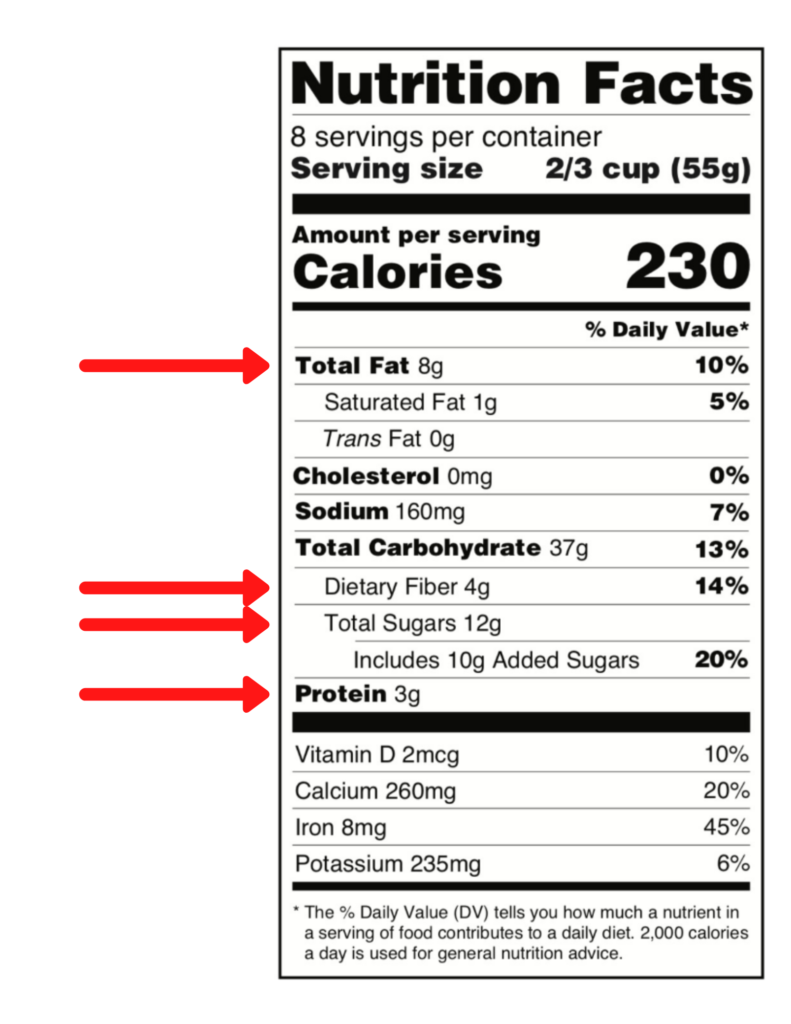
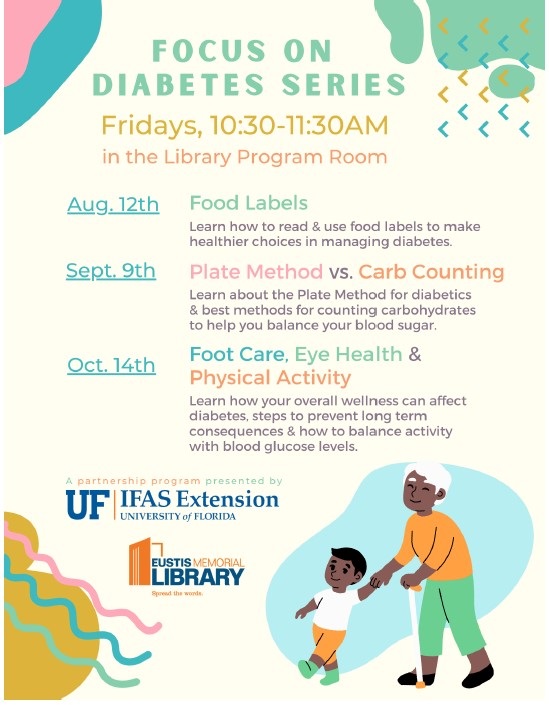


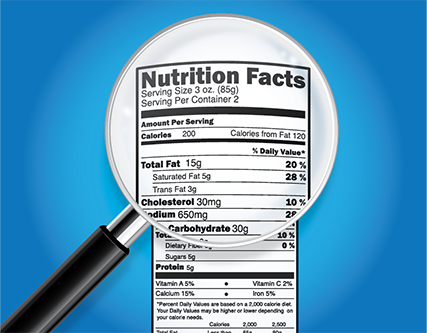
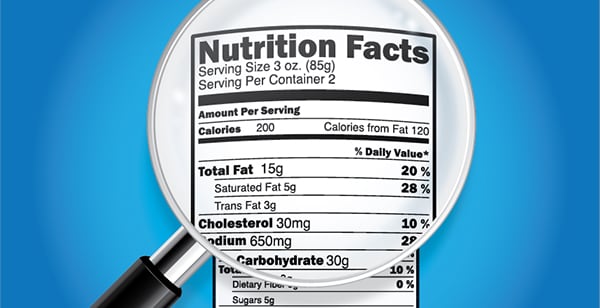
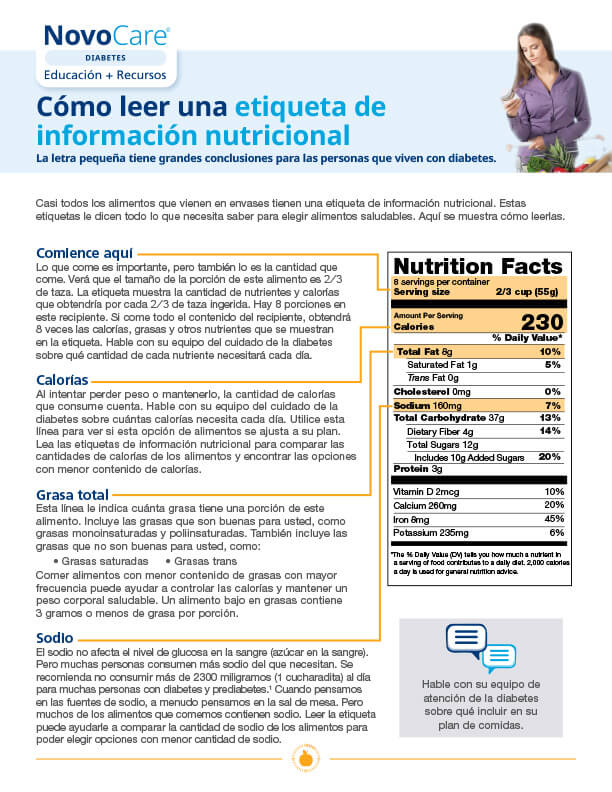
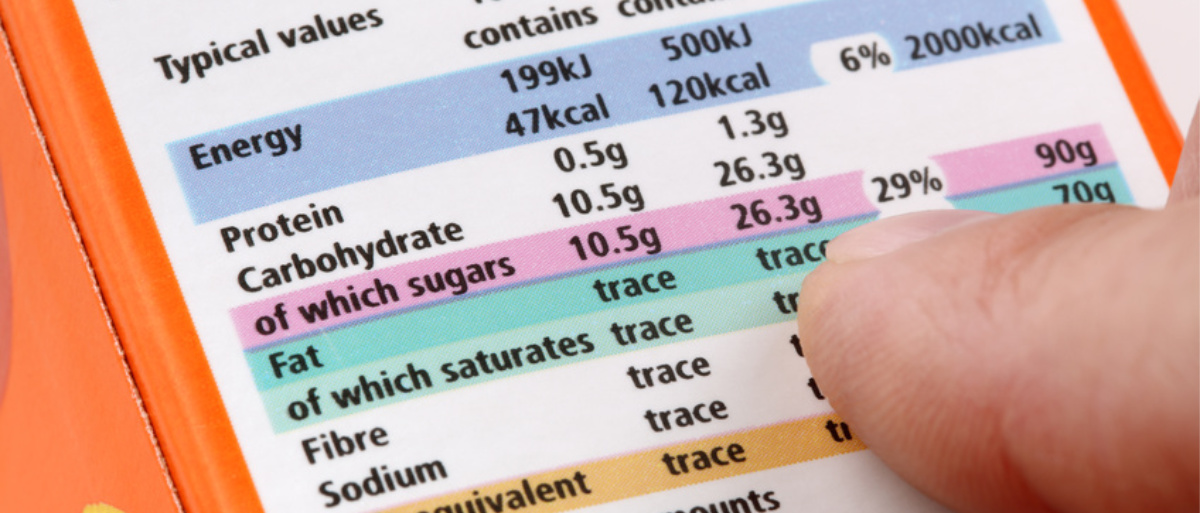
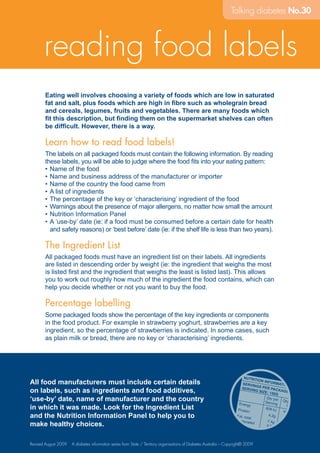



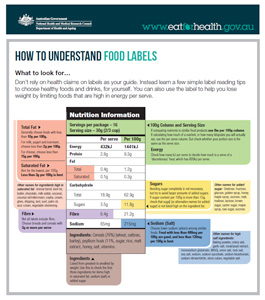
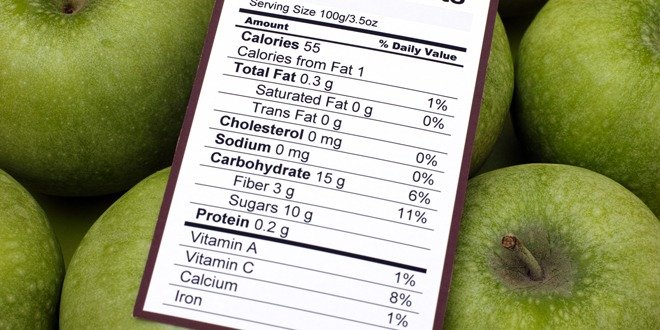

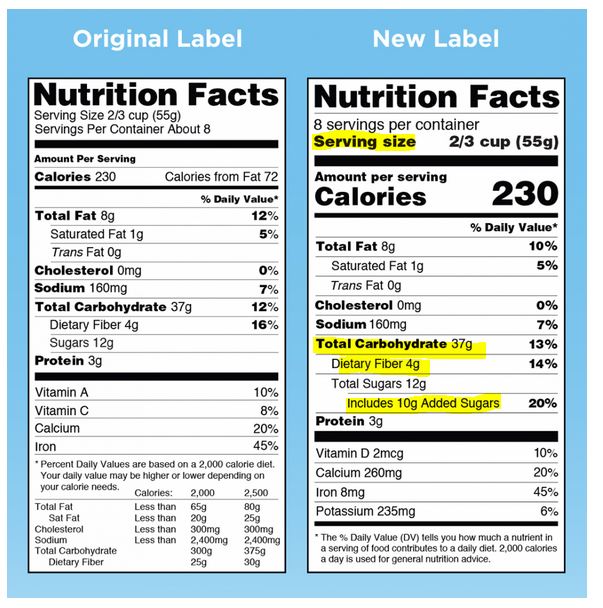

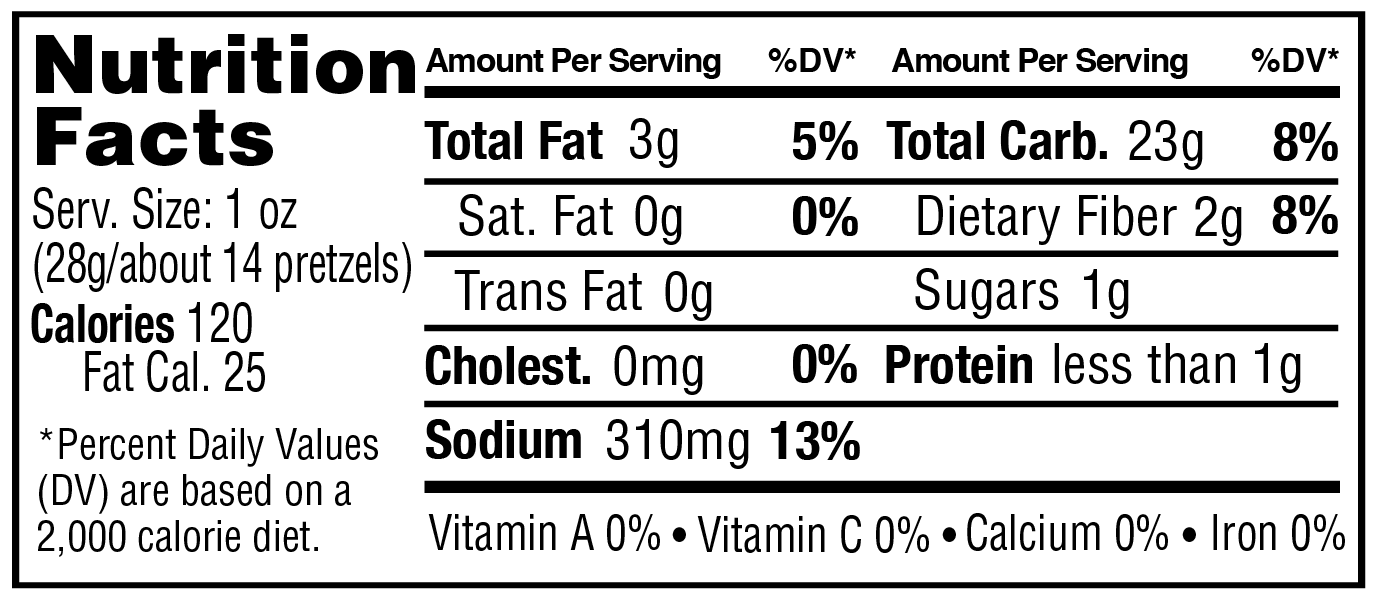
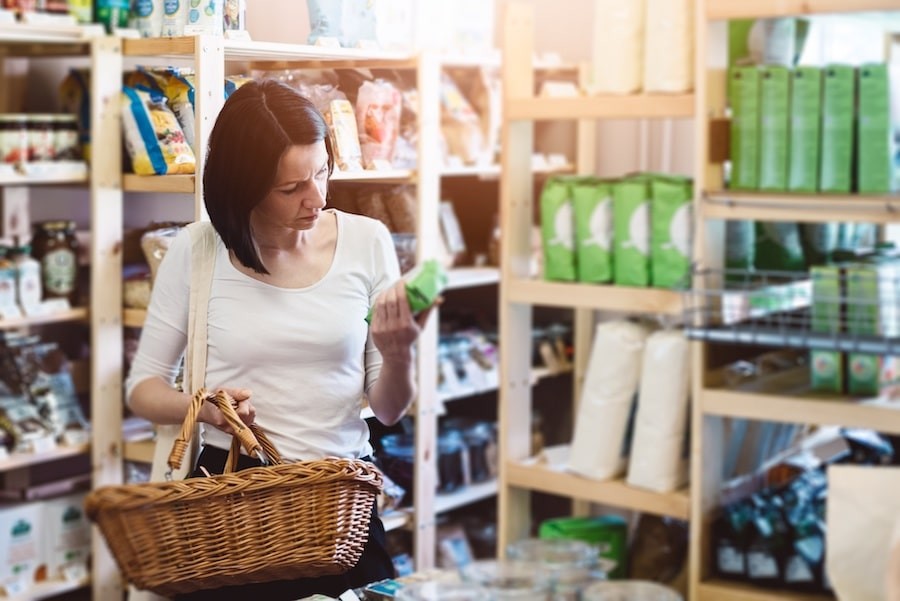
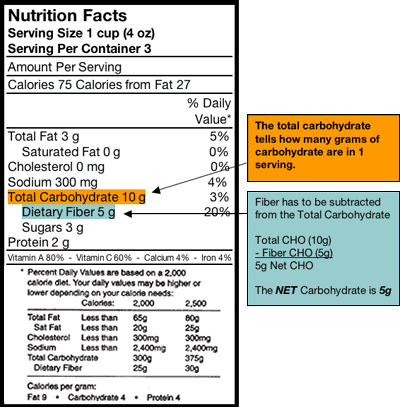



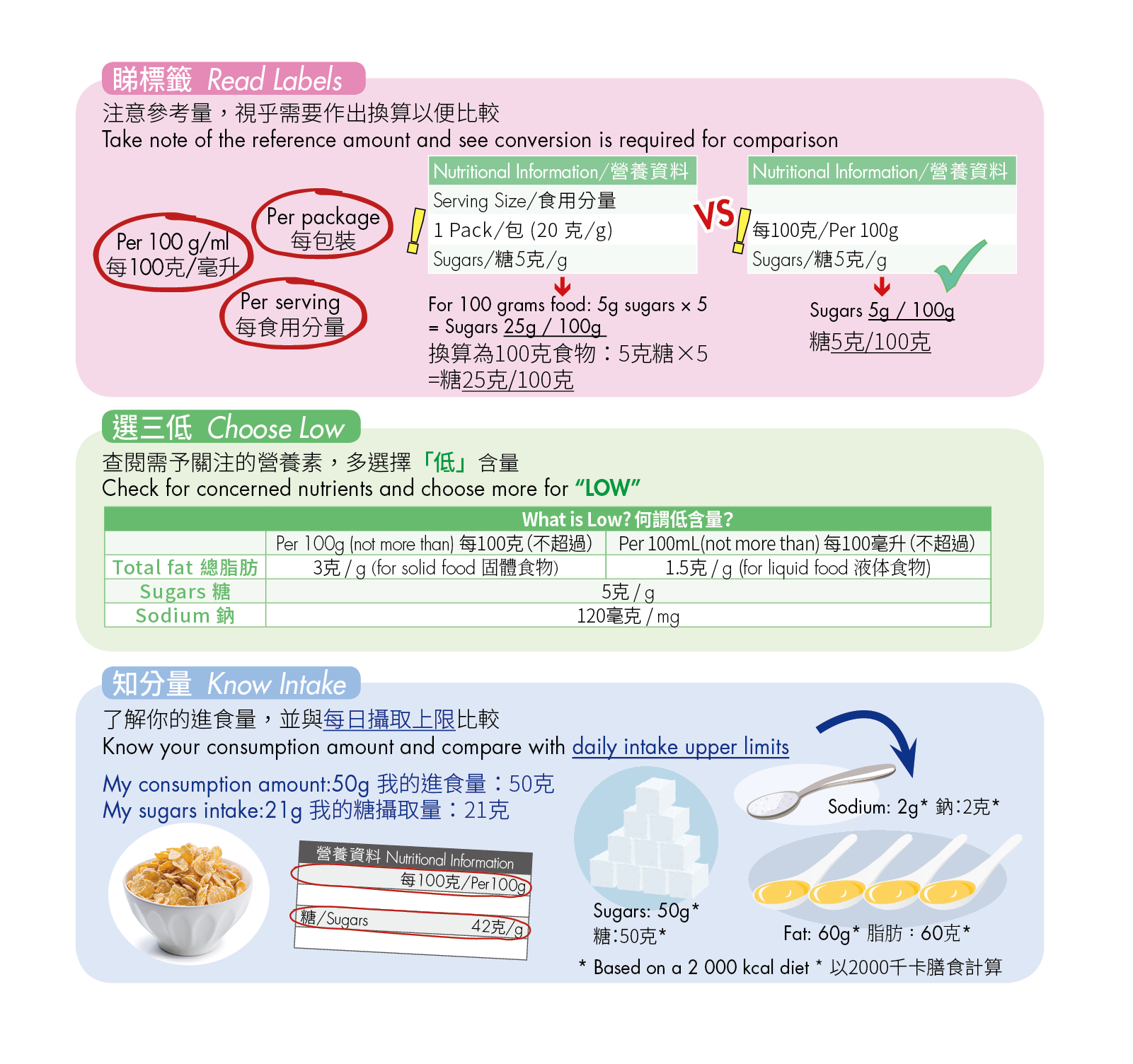
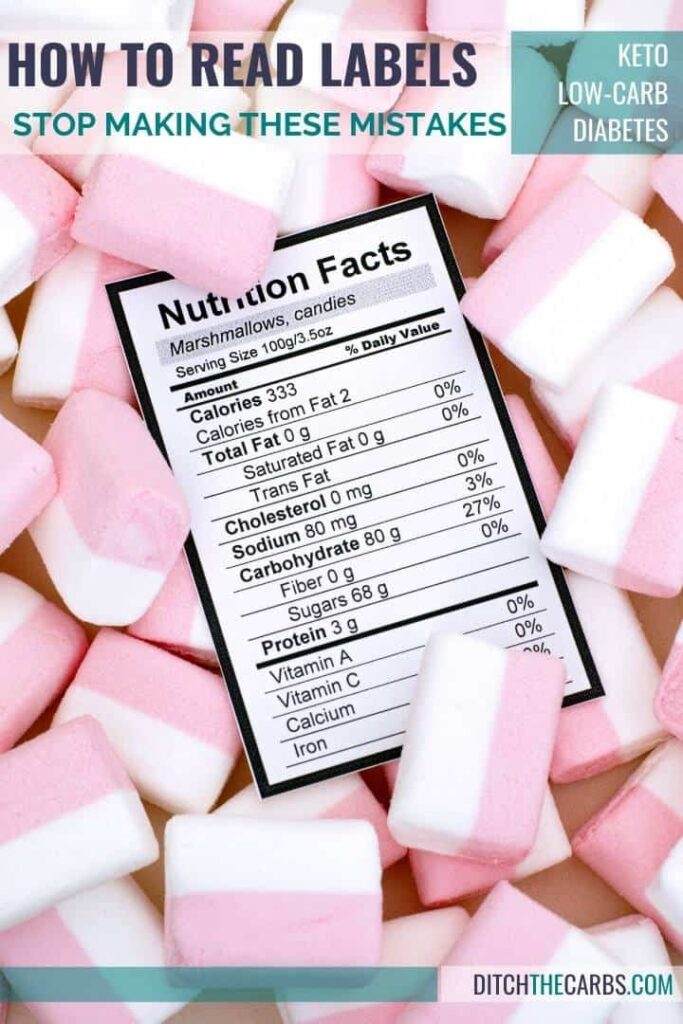

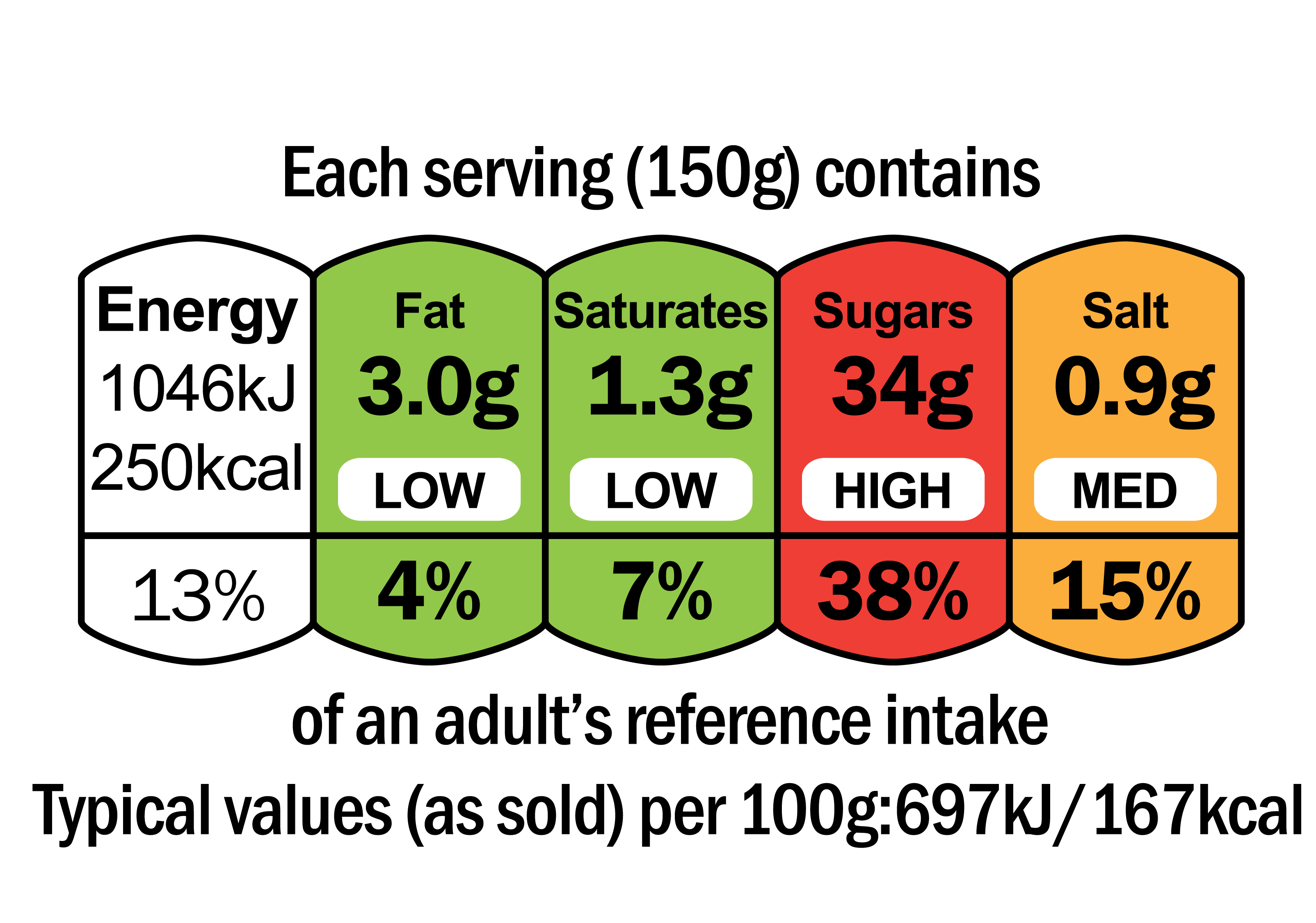


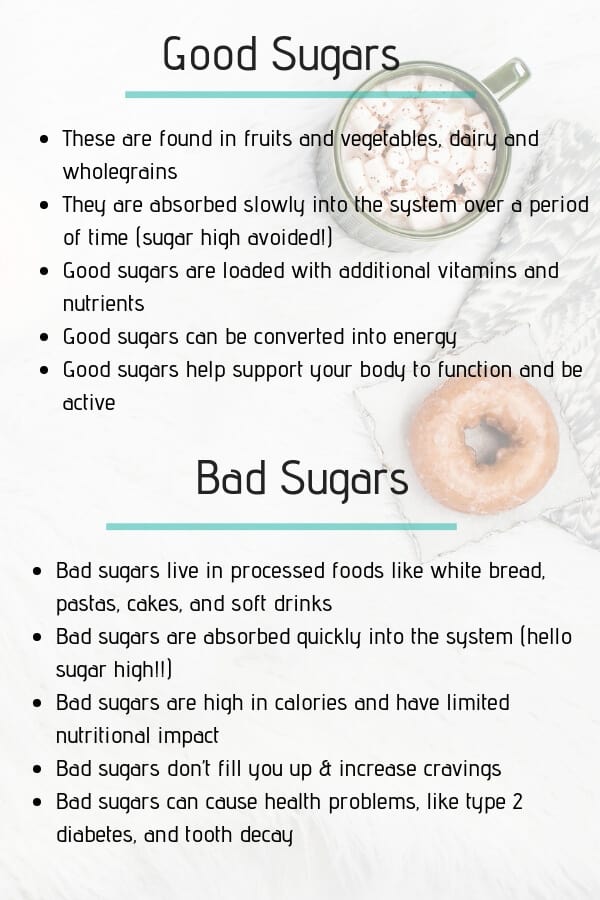
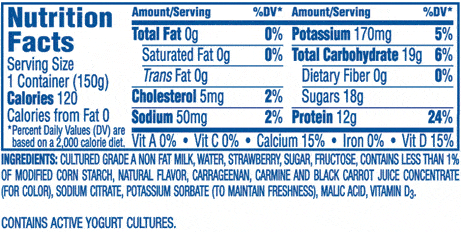

Post a Comment for "38 how to read food labels diabetes"